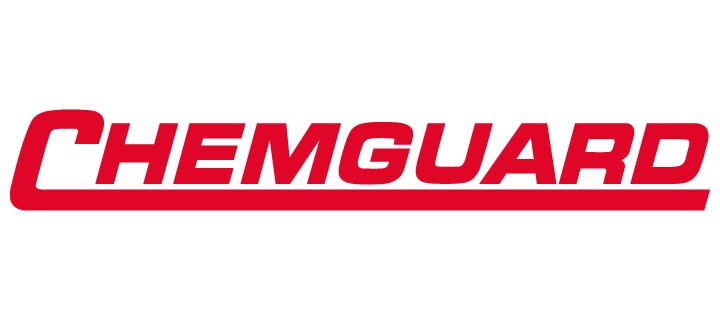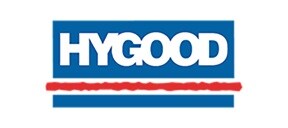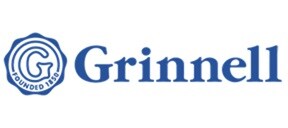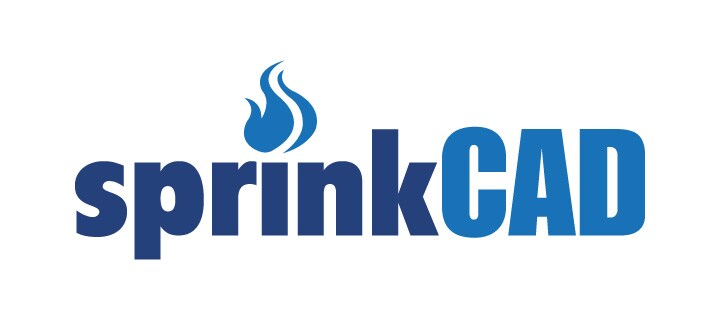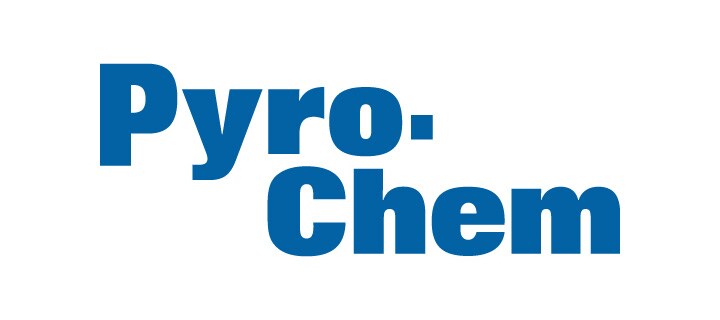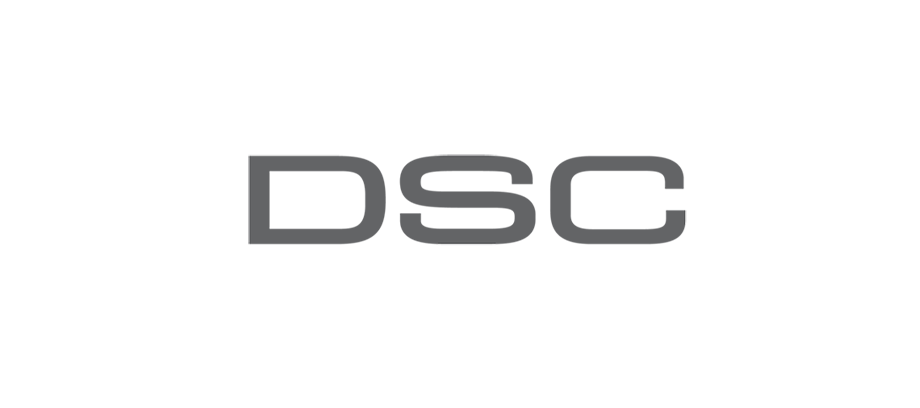- Johnson Controls
- Media Center
- Johnson Controls partners with U.S. Army to provide needed energy upgrades
Johnson Controls partners with U.S. Army to provide needed energy upgrades to U.S. Army Garrison Kwajalein
More than $2 million annually to be saved on energy costs at missile test site on Kwajalein Atoll

MILWAUKEE, Feb. 8, 2018 /PRNewswire/ -- Johnson Controls Federal Systems (JCFS) is partnering with the U.S. Army Engineering and Support Center to implement energy conservation measures at the U.S. Army Garrison Kwajalein (USAG-KA) as part of a multi phased program to provide much needed Energy Resiliency and Facility upgrades to the installation.
The $40 million Energy Savings Performance Contract (ESPC) awarded for this Phase 1 project includes the design, implementation and long term operation of an island wide Solar PV/Lithium-ion Battery Storage/Microgrid control system and the installation of LED lighting systems at the site. The LED upgrades will reduce existing lighting energy costs by 64% and the Solar PV/Battery Storage application will reduce diesel usage by 55 percent for the island of Meck. The Johnson Controls Distributed Energy Storage team developed an integrated battery solution that can be replicated across the Department of Defense. The project enables the site to facilitate the use of renewables inside an existing utility grid that relied primarily on fossil fuel-based solutions.
The project will save the Garrison more than $2.2 million in annual energy and operational savings over a performance period of 20 years.
"This partnership between USAG-KA and Johnson Controls proves that ESPC projects can be cost-effectively implemented at remote sites and this project is the first step in us leveraging the ESPC process to ensure the resiliency and readiness of USAG-KA," said Derek Miller, USAG-KA Energy Manager.
"We are proud of the efforts from the joint JCFS/USAG-KA team to develop this innovative ESPC project that achieves significant energy intensity reductions, infrastructure rehabilitation, and energy resiliency for the U.S. Army. The passion and dedication that went into the project was a collaborative effort that utilized the talents of all team members to succeed despite the challenges of this remote location," said Greg Downes, vice president, Johnson Controls Federal Systems.
Johnson Controls Federal Systems, Inc. (JCFS) is a division of Johnson Controls and consists of over 680 professionals who focus solely on US Federal Government projects. Utilizing Funded, Financed and US Navy Systems contracts, JCFS serves over 750 worldwide Federal Civilian and Military Installations.
About USAG-KA
U.S. Army Garrison Kwajalein Atoll is in the Republic of the Marshall Islands, located 2,100 miles SW of Hawaii and home to the Ronald Reagan Ballistic Missile Defense Test Site. Comprising 11 islands within the Kwajalein Atoll, the Garrison consists of 1,250 residents, which include military personnel, Army civilians, contractor employees and family members. The Reagan Test Site operates as an activity of the U.S. Army Space and Missile Defense Command as a Major Range and Test Base Facility supporting development, test and evaluation of all elements of the ballistic missile defense system; test and evaluation of strategic systems, and serves as a test bed for sensor system research and development. The site also conducts space operations in support of U.S. Strategic Command including space object identification, space surveillance and new foreign-launch support. Visit USAG-KA's official Facebook page: https://www.facebook.com/USArmyKwajaleinAtoll/ and our website: www.army.mil.
About Johnson Controls: Johnson Controls is a global diversified technology and multi industrial leader serving a wide range of customers in more than 150 countries. Our 120,000 employees create intelligent buildings, efficient energy solutions, integrated infrastructure and next generation transportation systems that work seamlessly together to deliver on the promise of smart cities and communities. Our commitment to sustainability dates back to our roots in 1885, with the invention of the first electric room thermostat. We are committed to helping our customers win and creating greater value for all of our stakeholders through strategic focus on our buildings and energy growth platforms. For additional information, please visit http://www.johnsoncontrols.com or follow us @johnsoncontrols on Twitter.
CONTACT: Fraser Engerman
414 524 2733
fraser.engerman@jci.com
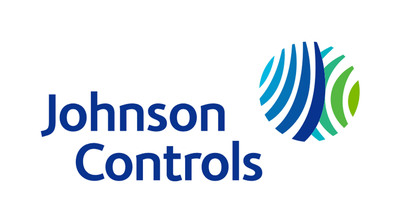
SOURCE Johnson Controls












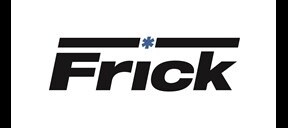



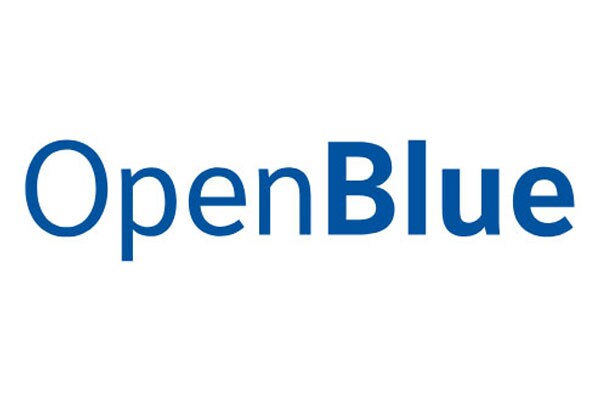








.png?la=en&h=70&w=157&hash=717A494A27ED61C45CEF95AC3A9C6309)

